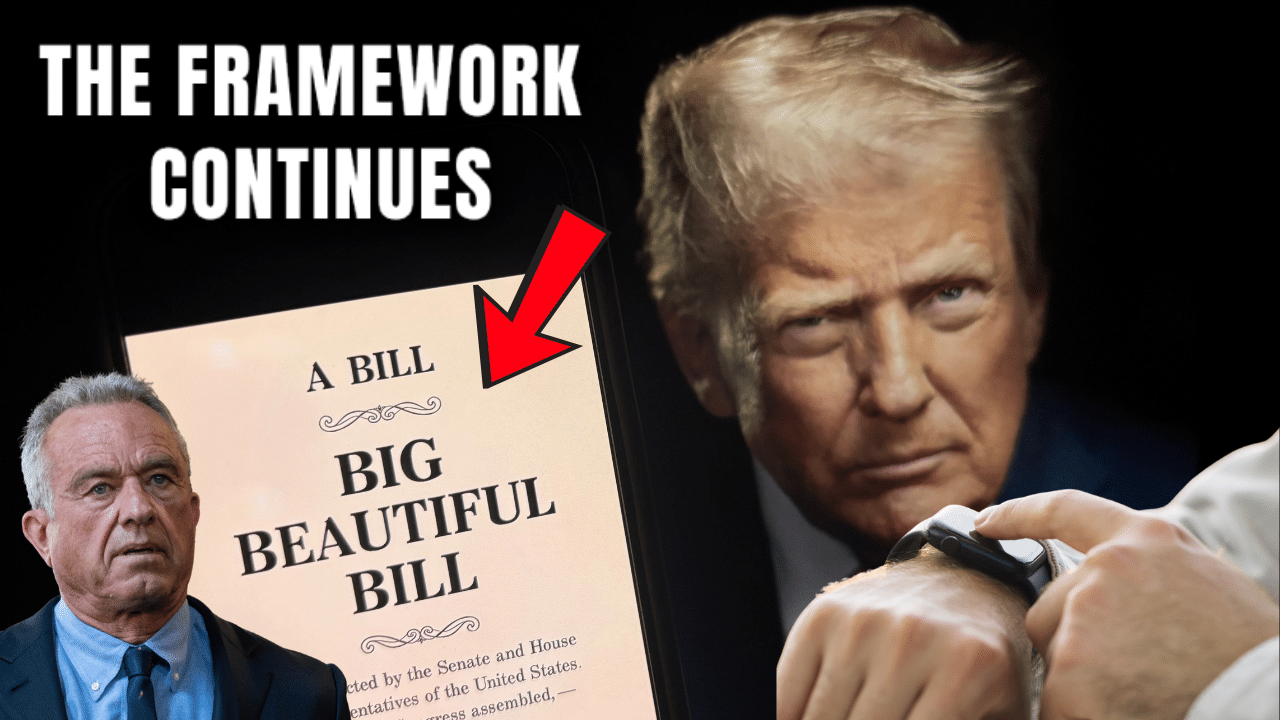The Supreme Court of Texas ruled Friday in favor of Dianne Hensley, a justice of the peace in Waco reprimanded for not performing same-sex weddings, reinstating her lawsuit against the State Commission on Judicial Conduct.
The commission had previously issued a public warning for her refusal to officiate same-sex weddings, citing a violation of judicial impartiality based on sexual orientation.
In an 8-1 decision, the court found that Hensley’s decision not to appeal the commission’s warning to a Special Court of Review before filing a lawsuit in civil court does not prevent her from pursuing her lawsuit.
“We hold that, apart from one declaratory request against the Commission, petitioner’s suit is not barred by her decision not to appeal the Commission’s Public Warning or by sovereign immunity,” the majority decision, written by Chief Justice Nathan Hecht, reads.
“Accordingly, we affirm the part of the court of appeals’ judgment dismissing the one declaratory request for lack of jurisdiction, reverse the remainder of the judgment, and remand to the court of appeals to address the remaining issues on appeal.”
Hensley, represented by attorneys from Mitchell Law LLP and the First Liberty Institute, argues that her refusal to officiate same-sex weddings is protected under the Texas Religious Freedom Restoration Act and an exercise of her religious beliefs.
She contends that refusing to officiate such weddings does not impede her ability to perform her judicial duties impartially. Hensley was first elected justice of the peace in McLennan County in 2014 and has been twice reelected since.
To ensure McLennan County residents can access low-cost wedding ceremonies after the U.S. Supreme Court made same-sex marriage a national right in 2015, Hensley “invested extensive time and resources to compile a referral list of alternative, local wedding officiants,” according to the First Liberty Institute.
The list included at least one option within walking distance of her office, which reduced the cost to the same amount Hensley received and who could do same-sex weddings within the same timeframe.
“No one complained to Hensley, her staff, or the Commission about her marriage-referral system or her ability to be fair — or even her appearance of fairness — in any judicial proceeding,” the ruling states. “Nevertheless, the Commission learned of her system from an interview she gave a newspaper and opened a preliminary investigation in May 2018.”
In January 2019, after the commission questioned her, it issued a public warning, concluding that she violated a statute that applies to conduct in the performance of judicial duties and another statute that regulates a judge’s extra-judicial conduct.
Despite the warning, Hensley continued her practice and sued the commission, seeking a court order to block future sanctions.
The court’s majority opinion stressed that while judges must follow the law impartially, they are not required to officiate at weddings as part of their judicial duties. The opinion further clarified that Hensley’s decision to refer same-sex couples to other officiants does not necessarily imply bias or prejudice.
Justice Jimmy Blacklock, joined by Justice John Devine in a concurring opinion, argued that the commission’s actions against Hensley constituted unlawful religious discrimination. They expressed that politely declining to participate in a same-sex wedding for religious reasons does not demonstrate an inability to judge impartially.










